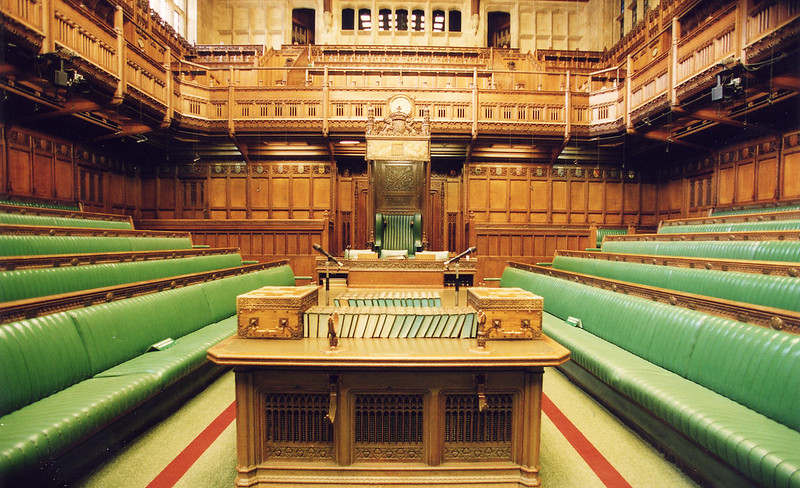Members of the energy industry welcomed the Autumn Statement’s address of issues holding back the UK’s renewable sector, but caution that momentum must continue.
Addressing the House of Commons on Wednesday (22 November) chancellor Jeremy Hunt revealed a number of measures set to support the growth of the UK’s renewable sector by speeding up planning and grid applications, whilst also increasing investment incentives.
EV Charging
The electric vehicle (EV) industry was especially pleased by the government’s aim to transform the planning system to support low-carbon projects.
“It takes too long to approve infrastructure projects and business planning applications,” said the chancellor on Wednesday, noting that many businesses would be willing to pay for faster planning application approval.
Therefore, Hunt revealed that working with the communities secretary, he will reform the system to allow local authorities to recover the full costs of major business planning applications, in return for guaranteed faster timelines.
“I am extremely encouraged by the Government’s decision to transform the planning system in favour of delivering low-carbon energy projects and the prioritisation of EV charging hubs,” said Ken McMeikan, CEO of motorway services company, Moto Hospitality.
“This will go a long way to removing some of the biggest barriers that industry has been facing within EV and is very positive news for everyone involved in driving forward the electric future on the UK’s roads.”
Andy Ryan, e-mobility segment lead at engineering company Lucy Electric, echoed McMeikan’s praise and stated that the ease of planning barriers for EV infrastructure is a “positive development and, coupled with further investment into the new green industries growth accelerator, shows the government is listening to calls for ongoing commitment to the EV industry and essential low carbon technologies.”
Despite the positive step, more still needs to be done to create an EV-ready network. Part of this is consumer opinion, as Ryan noted: “There needs to be a reasoned, convincing argument that sweeps the public along with the generally accepted industry view that eMobility and renewable energy are the only ways we can meet these challenges. Our net zero future depends on it.”
Bringing down bills
Responses were mixed as to the effect measures announced within the Autumn Statement will have on consumer bills.
Increasing the amount of renewables in Britain’s electricity mix will allow the nation to move away from high and volatile gas prices, bringing down consumer bills through a greater reliance on cheaper renewable alternatives. It is therefore paramount that the process from planning to grid connection is as fast as possible. This not only requires a streamlined connection process, but also investment.
One of the most welcomed changes was the new exemption from the Electricity Generator Levy (EGL), which means new projects and extensions to existing projects will no longer have to pay the 45% windfall tax imposed in last year’s Autumn Statement.
Peter Chalkley, director at the Energy and Climate Intelligence Unit (ECIU) believes that such a measure showcased the chancellor “entering the global race to incentivise clean industries to set up here, rather than elsewhere;” however in the context of increasing investment incentives from overseas, Chalkley expressed concern that these measures are “too little, too late”.
“There’s a strong focus in Chancellor’s Autumn Statement on accelerating green industrial growth,” noted RenewableUK’s chief executive Dan McGrail, believing that the introduction of permanent full expensing, will “provide a much-needed degree of long-term certainty for investors in green technologies, helping to make the UK an attractive destination for investment in clean energy projects and manufacturing.”
The government has also now published its full response to the Winser review. Accepting the majority of electricity network commissioner, Nick Winser’s recommendations, the Grid Connections Action Plan, is set to cut grid access delays by 90%.
Dave Elvin, head of projects UK & Ireland for Island Green Power, called this a “step in the right direction” and added: “If we are to truly see an increase in grid access for renewable energy projects, we must also see planning reform and industry support to expedite the delivery of utility-scale solar and renewable infrastructure – which will see all Brits save on their energy bills.”






